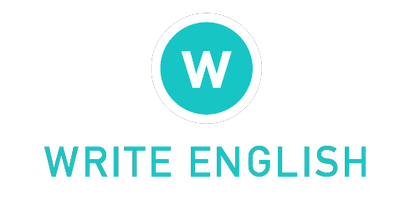COMMON MISTAKES IN ACADEMIC WRITING |
Details
The expat world is a small one, and as native English speakers both living in a small town, we quickly found each other. It turned out we both taught academic writing. That was back in 2011. We started Write English in 2014 to support graduate students and researchers with their academic writing skills. Since then, we have gone on to work with leading universities and research institutes throughout Germany and the rest of Europe. Jill Henne has been working with us as a text editor since 2017, and Bridie McHale has recently joined our training team. It's a cliché to say we are passionate about what we do - but we are. From archeology to astro-physics, we get to read fascinating research and work with people at the forefront of their fields. Our workshops are diverse and international with opportunities for researchers to exchange ideas on writing, the publication process, and other aspects of their work.
Categories
All
Archives
January 2021
|
- Home
-
Workshops
- Writing Research Articles
- Developing your Narrative
- Writing Abstracts for journal articles and conference papers
- Academic Writing for Master's Students
- Writing Job Applications
- Conference Presentations
- CONVERSATIONAL ENGLISH
- Lecturing to an International Audience
- Unlocking the Potential of Chat GPT: Writing for Academic Journals
- Coaching
- Academic Writing Retreats
- Text Correction
- Contact
- Resources
© Write English 2022, Lektorats- und Coachingservice für englische Kommunikation






